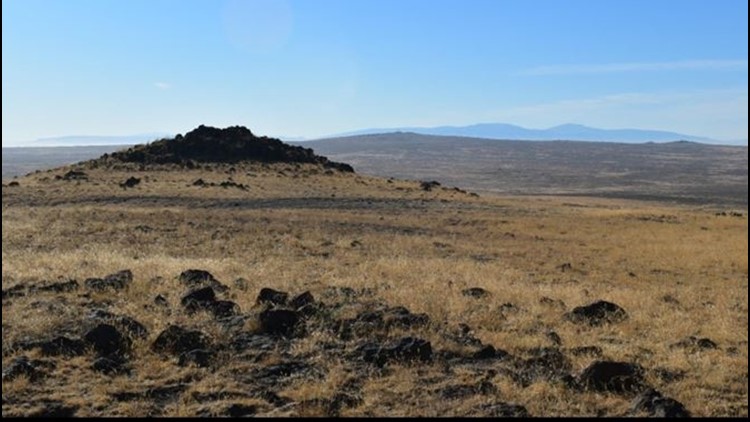BOISE, Idaho — Following the release of a new draft environmental impact statement on a proposed large-scale wind-power project in south-central Idaho, Gov. Brad Little, Lt. Gov. Scott Bedke, Rep. Mike Simpson and Senators Mike Crapo and Jim Risch are expressing concerns.
The Lava Ridge Wind Project, as proposed by Magic Valley Energy, would result in up to 400 power-generating windmills being placed in corridors across as much as 197,000 acres in parts of Jerome, Lincoln and Minidoka counties. In the new draft environmental impact statement, the Bureau of Land Management identifies two "preferred alternatives" in which the acreage and number of windmills would be scaled down. The public comment period on that EIS is open through March 21.
In a letter to Karen Kelleher, BLM director for Idaho, the officials note a "lack of community support for the project."
"Idahoans cherish the concept of multiple and mixed uses on their public lands. This requires conservation, predictability of use and, most importantly, support from the local communities. These deep-rooted values are compromised by a piecemeal approach to large-scale generation projects on public lands. Dedicating hundreds of square miles of public lands to a specific use will have a long-term effect on recreation, grazing, sporting uses and the land in general," they said. "Affected farmers, ranchers, tribes, the Japanese American community, and sportsmen have voiced legitimate objections."
The state and congressional officials also pointed to concerns that the project "compromises fire suppression and sage-grouse habitat and potentially could impact existing electricity customers and the integrated resource plans of Idaho utilities." The chief concern about fire suppression, according to the letter, is the number and height of the turbines, which could reach a maximum height of 740 feet, counting the radius of a turbine blade.
"The BLM needs to ensure that pilots can effectively suppress wildfires within and adjacent to the proposed project area," the letter states.
The officials urge the BLM to "reassess and refocus the process on working with the local communities to address the concerns," the letter states. "If all these concerns are not addressed, it is unlikely we will be able to support this project moving forward. Without community support, the BLM risks jeopardizing trust in government, which in turn makes future projects more challenging to accomplish."
More information about public involvement and the EIS documents are available here.
Watch more Idaho politics:
See all of our latest political coverage in our YouTube playlist:



